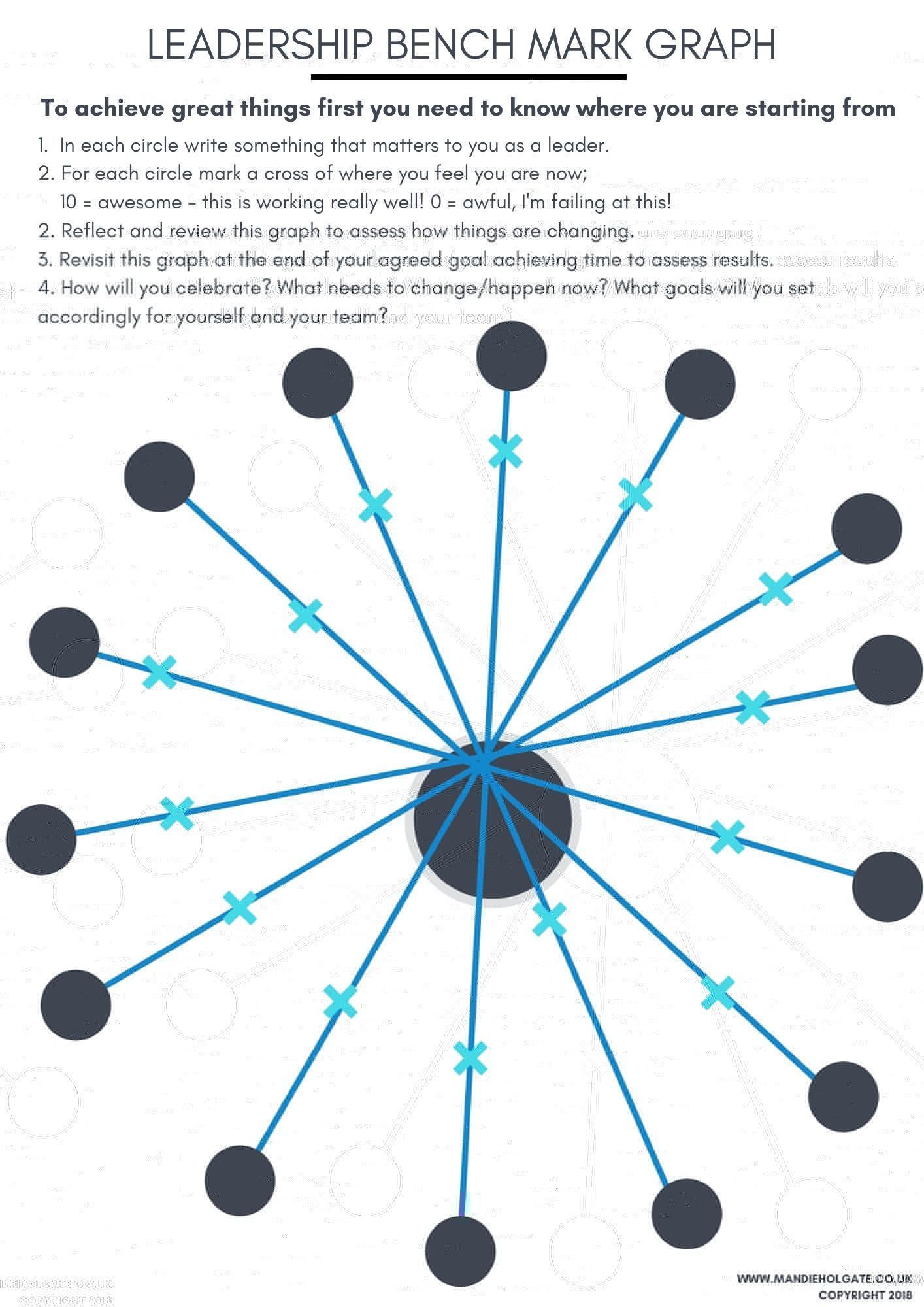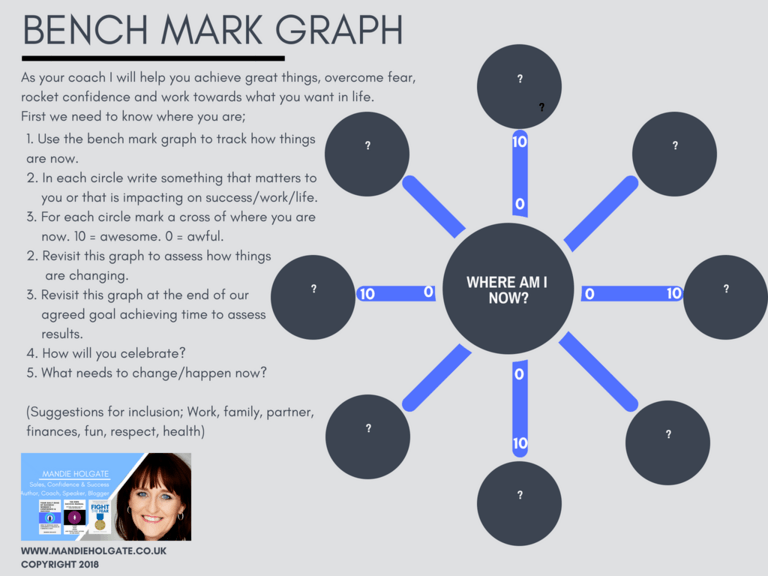How to Effectively Set Goals in Life to Get Where You Really Want to Be in 2021
I’d love just a penny for every time I’ve been able to help someone achieve their big goals fast with the idea I’m going to share here. It is that recurrent that I’d be a millionaire a good few times over!
Often people looking to get somewhere in life arrive to have coaching and advise that they’ve;
- Read 100’s of books
- Watched tons of Ted talks
- Attended workshops and masterclasses around the world
- Invested in programmes
- Wrote a journal
- Changed their lifestyle
And even transformed what time they get up in the morning and yet miraculously they’ve not achieved their goals!
How frustrating!
What can possibly have stopped them, when they’ve put so much effort into achieving more?
And can you really share one thought and change a persons life?
The fact is that in a coaching conversation I’ve watched many a client have a look that is a mishmash of horror, elation, eureka and annoyance as they realise that it is this one thing that will define their chances of success. And that it has been stood in their way like a giant rock for years.
Here I share what that is.
And how to ensure you get the rocks out of the way of your ability to set powerful goals that get you where you want to go.
Your brain didn’t get the memo
It can seem obvious that if you are looking to achieve big and get somewhere in life then you will take the time and money to invest in finding the best ways of achieving that. The issue with this is that your brain didn’t get the memo on what was supposed to work. Let me give you an example (I could give you thousands!);
A client says that they have been getting up at 5am because they read that this was the Golden Hour if you want to achieve big and it was laid out what you should do in this Golden Hour.
I asked “Is this working?”
They replied “well I am reading more and I’m learning, but I’m grumpy as a bear by the afternoon and rowing with the kids and don’t even get a cuddle with my partner in the morning”
I questioned “So, is it working?”
They answered “I suppose in some aspects yes but in most aspects no.”
“So why are you still doing it?”
They retorted “Because the book said it was good to do!”
I then asked them a personal question, unrelated to business, careers or success “Do you like the mornings?”
They laughed “Oh gosh no, I’m a night owl, I hate the mornings!”
So why were they going out of their way to utilise a system that relied on them going against the very fibre of their being?
When I raised this to them, they looked like someone had just thrown a bucket of ice cold water over them. It would obviously never work long term because they were fighting who they were.
Remember while these books are selling in their millions and these speakers are amazing, what works for one does not by definition mean it will work for you. You have to work with ideas, tools and techniques that play to the person you are. It is no good fighting who you are, eventually your brain will fight back, it never got the memo, it didn’t know this was the new way of working and it is not going to play ball.
(There is an argument that you need to stick with things to make your habits change and while I agree with this in principle if the ideas encourage you to stray massively away from the human you are it is highly likely you will fail.)
So how do you fix it?
Look for the things that resonate with you. If you hate things structured and like to be free flowing then look for ideas that empower you to think and work in that way.
Another great example is the client who had a big figure in their head that they wanted to earn.
And they were going to do it.
The only issue was that the journey was practically killing them. They were working stupid hours with little down time and their health, personal and social life was suffering, no big deal right? Short term losses for long term gains?
Except that this person performed the Values Exercise from my book Fight the fear – that looks at the 12 biggest fears that impact on success. And discovered that the top 3 values that matter most to them was actually caring about others, friends and exercise. Making money was right down the list at number 8! While it’s fine to go for a goal that is not your top value, you do need to still honour the values and the things that make you, you. When you don’t you can hit all sorts of barriers and road blocks to getting what you want, so don’t fight who you are, your brain just didn’t get the memo.
Your Brain is a sponge
Big goals, bucket lists and ambitions. The problem is that while you are busy creating these plans so you achieve them, your brain processes everything you experience.
Everything.
From the dog asleep by your feet, the trees moving just at the edge of your vision. The couple arguing in the corner, the coffee stain on the edge of your cup, the siren in the distance, the beep from your phone – everything.
Whatever is around you, your brain is processing it on some level. While in itself that is amazing it also means that you need to be clear on what you say to your brain. Not only is it processing every smell and sound it is processing every thought, belief and word you hear. That’s a lot! Filter out the stuff you don’t want and be careful what you allow in.
My Mum used to say “Treat advice like water in to a sponge, let everything in just wring out what you don’t want.” This is very apt for this top tip. When looking to achieve your goals people will share ideas, advice and books you “Must read!” Let it all come to you and then genuinely ask;
- “Does this fit the human I am?”
- “Does this play to my strengths?”
- “Is this the best use of my time to get me where I want to go?”
While many people love videos and inspirational events, if you prefer to be on your own with a good book or speaking one to one with someone which is more likely to help you understand the power of your brain, create powerful actions and work towards your long term goals in life?
Learn to wring out the stuff that is not relevant to you.
Your Brain likes it simple
Your brain can process 400 billion bits of information a second and yet we only seem to  be aware of around 2000 (Sources include Dr Joseph Dispenza and Encyclopaedia Britannica) So if this is true you need to be aware that what you want is not the only thing your brain is working on. If you want your goals to feature in the top actions to process you need to keep it simple.
be aware of around 2000 (Sources include Dr Joseph Dispenza and Encyclopaedia Britannica) So if this is true you need to be aware that what you want is not the only thing your brain is working on. If you want your goals to feature in the top actions to process you need to keep it simple.
For your desires to feature above anything else you need to make it something easy to remember and keep at the front of your brain. Reword where you want to be and what you want to achieve into 1 sentence. Make it a powerful sentence that enables you to “see” your goal. To achieve this you will need to break the goal down. (Which is important for the next top tip) Write down the answers to these thoughts;
- Think of everything that matters to you about this goal.
- Consider all the emotions you want to feel and don’t want to feel.
- Where will you be when you’ve achieved this goal.
- Will your home look different?
- Will your workplace look the same?
- Will you be driving a different car?
- Will you look different?
- What colour will your hair be? Is it going to take you 30 years to achieve and you’ve gone grey or will you have found a new level of confidence and dyed your hair pink like you always wanted to?
- What will tell you that you’ve achieved that goal?
- How will it impact on your life? Your bank balance? Your relationships? Your career? Your happiness? Your hobbies?
When you’ve considered everything that could feature in your 1 sentence that summarises your goal, then look to create a sentence that does that. Make it a sentence with;
- An end result (This helps your brain remember where you want to get to and gives it a specific place to end up)
- Precise actions (This helps your brain to see what process you want to carry out and enables you to see if you are getting there so you can analyse your actions results and where you are in the process.)
- Something to strive for not strain for. Your goal should aim to make you strive further than you would naturally choose to. (Imagine reaching your arm out to reach something that feels a little tight in your arm as you find yourself thinking “Can I reach this?”) However a word of caution here – A goal that over strains you can drain you picture.
Great sentence choices could be;
By the 25th of September 2021 I will have achieved my goal to own a property in X town with 3 bedrooms at a cost of XXX
By the end of 2022 I will have earned an average of xxxxxx a month by increasing sales of my products by 33% incorporating more interactive marketing techniques that engage with a wider audience of 10,000 additional people online.
I will have moved up the pay scale and be working towards the title of XXX by the 1st of January 2022
Notice these goal sentences have;
- Precise outcomes
- Dates to work towards (ever noticed how some people have months to achieve something and still scrap around getting it done the night before the deadline?)
- Measurable quantities
- Precise actions to take.
NB; (Ironic isn’t it that the brain likes it simple and to make it simple I have to explain this tip in more detail than any other top tip! However, what I’m doing is sharing with you a little of the science of why coaching works and how to get these tools in your every day life to power up your chances of getting where you want in life. So do take the time to go through this process.
Your brain does the same things, again and again and again….
Once you have your goal sentence go back to all of the words you wrote down for Number 1 and write down everything you could do to achieve that goal. At this stage this is not what you will do this is what you could do. By doing this you are stretching (not straining) your brain to think further than it would normally about your actions. The problem we have is our brain is processing so much that a lot of what it does is automatic (habit) and to create new powerful actions we need to break past that automatic way of thinking.
As I explain it to clients; You are going to start by telling me the obvious ideas and the ideas that you mull over at 2am but don’t do. You are also likely to share the ideas that you’ve spent months agonising to whether you should do them or not but something always seems to stop you. And after that we can fight through the assumptions of what can be achieved. Overrule the doubts and limiting beliefs about your abilities and get on to finding the real actions that will get you to where you want to go.
Then when you have a long list of things you could do, choose a maximum of 5 actions that you will do to achieve your goal. It doesn’t mean you won’t do more of the ideas on this list, just that at this stage you are creating priority to concentrate on a maximum of 5 goals.
Your brain can’t process too much (and it loves a hit of the good stuff!)
When you’ve done the above top tip you need to then work out how you are going to accomplish those 5 actions (only ever have a maximum of 5 actions at any one time. For me I put them on a small 8cm squared post it note, because in this way I know I’m not overloading my to do list. The brain really hates it when you give it too much to process. It’s like trying to load a basket in the supermarket with a trolleys worth of shopping; stuff falls out!)
Break down those 5 actions. This is useful for a number of reasons, firstly it helps your brain stay focused on the action you are taking and the reasons why.
Secondly it also enables you to tick things off of your to do list. This always has a sense of achievement and makes us feel good. In fact clever scientists tell us that dopamine is released when we achieve something (however small) and our brains love a hit of dopamine. It is a neurotransmitter that our brain produces and enables us to stay focused, motivated and get things done. So by breaking your goals down you are rewarding your brain with a hit of the good stuff and that gives you the much needed boost to keep going. Especially if you are incorporating new things into your life that are challenging you to think and act in a new way.
Lastly when it comes to breaking it down you don’t need to write a list. If you are a lover of mind maps then create a simple version of this. If you love a spreadsheet – go for it. And if you like it visual draw it. Whatever you do make sure he 5 actions from the above top tip are broken down and visually near you so that you are able to keep focused on what you want.
Your brain doesn’t “get” now goals.
Your brain may not appreciate the need to get on with the “Now” Goals but your success does. I’ve so often seen clients struggling to achieve what they want to because they’ve not factored in that little thing called life. For instance, you may have a big ambition but you’ve not factored in spending time with family and friends. Big deal right? Short term sacrifice for long term gains right?
While in principle I agree the fact is that while you power on to your big ambitions your brain is still busy processing that sulky look on your child’s/friends/partners/mum’s face that says “You never have time any more.”
And while you can justify that its “for the best”. In your head you can create this automatic subconscious process of thoughts that is all negative. I’ve seen clients realise that the reason they’ve not getting to where they want to go is because their brain has started to scupper their own success!
It has rationalised that if they keep working this hard the people they love will never love them again. They realise in their head there are thoughts like “My child/friend/partner/mum thinks I don’t care any more and they will leave me. I can’t afford to achieve this I could lose everyone!”
I’ve seen the same happen when redecorating the office/kitchen/kids room gets demoted for something else. Or when someone drops their weekly trip to the gym or yoga session. Both of these examples create negative emotions that subconsciously start to eat away at us.
So if you want to achieve big have a list of Now goals too. In my experience I help my clients prioritise the top Now goal and the top action for the big ambition. And they don’t move onto the next action on either list until both of the first actions are achieved.
Your brain loves a coach
I hate to say it but going it alone is going to make it harder. You want to find someone that is going to help you get where you want to go. And that is why a coach is so powerful. A coach is someone that will;
- Listen so you can brain dump. Empty your head of all your thoughts, what you’ve done so far, your worries, your failures, your concerns, everything.
- Create the space so you can process everything that has been happening, what doesn’t seem to be working, and find a way forward.
- Challenge you. The problem with turning to friends, family and colleagues is that they all have their own views, ideas, beliefs, values and experiences. And no two people are alike, as such while they may care deeply about you getting what you want they may try and steer you away from tough choices. Your coach won’t. If anything they will encourage you to find the things you fear or steer clear of and help you find a way to remove those obstacles for life.
- Cheer lead you. Sometimes what we need more than anything is a reminder of how awesome we are. Go around asking your friends for that and you can look needy, arrogant or a bit egocentric. However we all need a cheer leader. This is not just to inflate your ego, but it’s remind you of how you achieve. We all have natural ways of behaving and by having a cheer leader on your side you can stay motivated and concentrate on remembering what helped you achieved in the past and how to migrate those skills, beliefs and actions to this moment in your life.
- Keep you on track. Alas we are all so easily distracted. And even those going for big goals in life can find that they are on a completely different path and have no idea how it happened. Quite often someone has suggested a great idea to you and while it is a great idea you need to challenge yourself “Does this great idea fit into my big goal or is this a distraction from it?” With a coach they ask a lot of questions so you can really understand your way of thinking and its impact on you and your results. If you find yourself easily distracted other good questions to ask is “For what reason do I get distracted?” and “What is it that I don’t want to face in my own path to success?” Facing your fears and hidden negative assumptions is a massive part of getting to where you want to go and a real power of a coach.
- Retrain your brain. When I first got my dog she would bark at everything and when I say everything I mean everything. A leaf in the garden would get as much yapping noise as the postman. And for someone who has always had big dogs, even though my dog is more like something Jim Henson created for Muppets she is not going to destroy my seaside peace and quiet (or my neighbours) What has this to do with why you need the right coach to help you achieve your goals? Well you see my dog was on her own agenda and she hadn’t had anyone explain to her that this wasn’t the best way of behaving. (The last owners had got rid of her because she barked too much) she needed to retrain so that she could be happy, but no one had told her this. A coach will confront you with the hard lessons in life. (In a nice way, I like to say “I kick butt, with love!”) My dog is welcome to bark when the doorbell goes or is she thinks there is an intruder but not at the bird having a drink of water or the leaf that flutters across the lawn.
- Be cautious of whose agenda you are on, does it serve the other party more than you? Will it help you get the result you want. In the case of my dog, endless hugs and attention for being cute and not yappy.
And a word of caution about your coach. If they do more talking than listening they are not coaching you. Your coach is there to help you process everything in your head, and that can’t happen if someone is adding more to your brain. A coach listens for over 60% of the conversation. It is an unusual conversation because the coach’s view is irrelevant, the only person that matters in the conversation is you. So if you aren’t getting that from the person you rely on to help you achieve your big goals, then they aren’t coaching you to success, they are trying to tell you how to be successful. And while mentoring and consulting have their place, to really get where you want to get in life you need to find your own answers. And hopefully in this article I’ve helped you do just that.
Do Let me know how you get on and if you loved this article hit the PayPal button, thank you.





